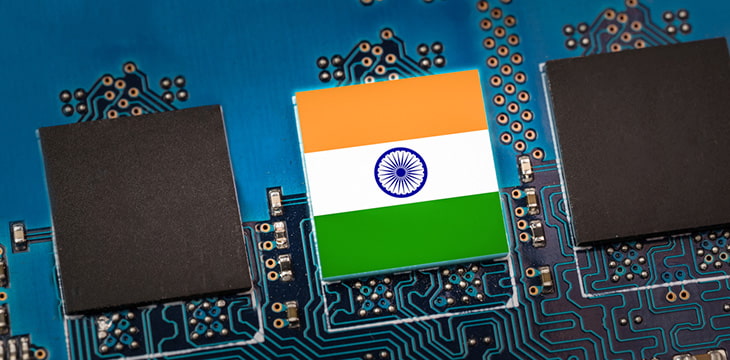|
Getting your Trinity Audio player ready...
|
The National Association of Software and Service Companies (NASSCOM), an Indian technology-focused non-governmental trade association and advocacy group, has highlighted significant growth in “deep-tech” startups. These include startups that depend heavily on technologies such as blockchain, Web 3.0, artificial intelligence (AI), robotics, and the Internet of Things (IoT), among other fields.
In a report titled “India’s deep-tech startups poised for impact,” published in collaboration with consulting firm Zinnov, NASSCOM stated that there had been a 53% growth in the sector in the last decade. Companies in the sector also raised $2.7 billion in venture capital funding and accounted for 12% of India’s overall startup ecosystem in 2021.
The trade association currently estimates that there are over 240 blockchain startups and more than 150 Web 3.0-focused startups in India. Similarly, the deep-tech ecosystem has over 1900 AI startups, 570+ big data and analytics startups, 560+ IoT startups, and around 60 startups in cybersecurity, robotics, drones, and 3D printing.
The metrics put India’s deep-tech ecosystem on par with those of developed economies like the United States, China, Israel, and Europe, the report noted. In a statement, NASSCOM president Debjani Ghosh remarked that the ecosystem plays a vital role in helping India achieve its sustainability goals.
“The Indian deep-tech ecosystem today has truly come of age. These startups have not only defied the odds with extraordinary innovation and exceptional leadership but are also playing a vital role in creating solutions for sustainability goals – from smart manufacturing to reliable healthcare,” Ghosh said.
This is because they are creating jobs and giving rise to “second-generation entrepreneurs.” At present, more than 4,000 people are employed across 14 potential unicorns in the ecosystem, with the number expected to double by 2026.
India embracing blockchain
The report corroborates findings from other studies, including one from Indeed and another from PwC. The former report revealed a marked increase in the number of blockchain-related job listings, reflecting the surge in employers looking for talents to help build their Web3 strategy.
The PwC reported that India’s startup industry saw three consecutive quarters in which more than $10 billion was raised from venture capital. However, this has slowed down since the second quarter of this year.
Meanwhile, the private sector has not been alone in exploring blockchain technology adoption. The government of India has also been showing increasing interest in the nascent innovation. The Chief Executive Officer of India’s payment rails, NCPI, has proposed the creation of a national blockchain network.
Watch: The BSV Global Blockchain Convention panel, Blockchain in Middle East & South Asia
https://www.youtube.com/watch?v=Zh3sIuH85kc

 02-24-2026
02-24-2026 




